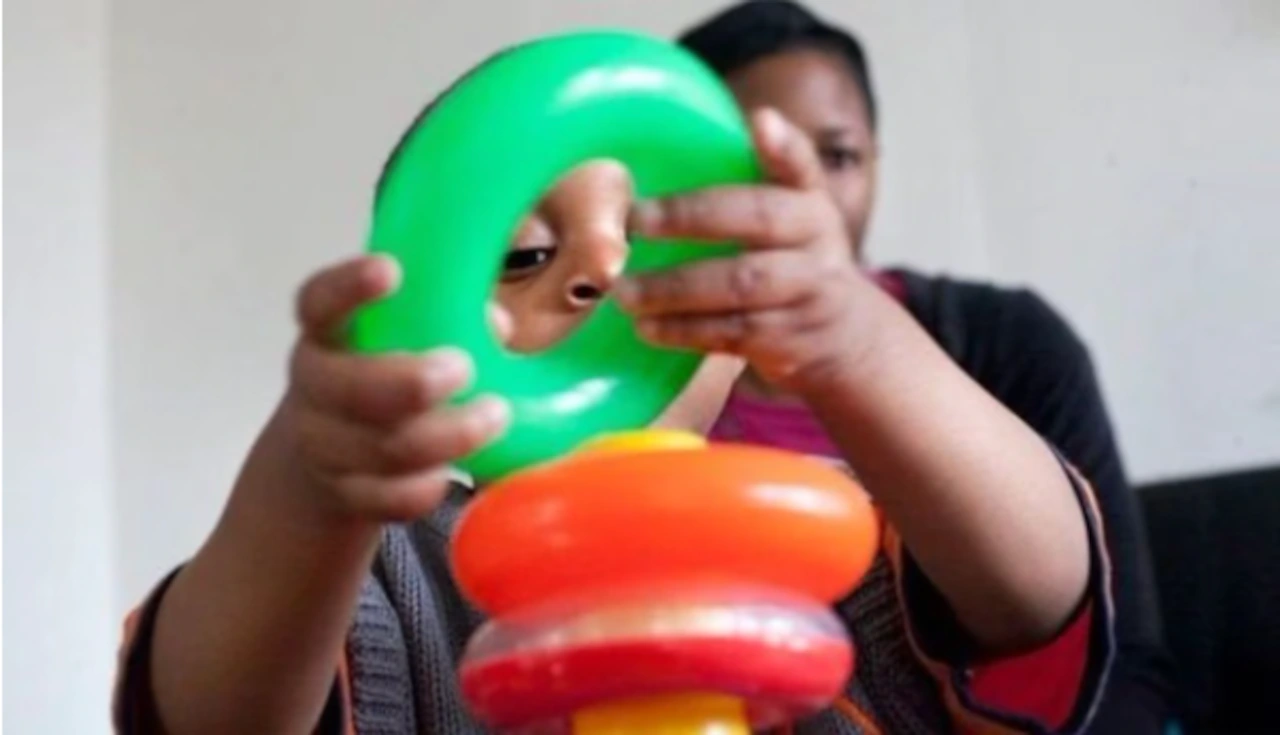Copyright M Live Michigan

Nine Michigan early child care and education programs, supporting close to 3,000 young kids, are at risk of losing the funds they need to stay open as the federal government shutdown rolls on. Head Start and Early Head Start work with children from birth to age 5 and helps 3- to 5-year-olds prepare for kindergarten at no cost to families. According to the Michigan Head Start Association, the program serves nearly 30,000 families in the state and brings in $423 million in federal grants. However, as the shutdown entered its 30th day Thursday, Oct. 30, several local Head Start programs around the state with Nov. 1 grant dates had not yet received their next round of funding. And while some organizations have contingency plans, others may now be bracing to temporarily suspend services or close their doors. Most of the programs are in Northern Michigan or the Upper Peninsula and one is in Kalamazoo County. Head Start funding through the Kalamazoo Regional Educational Service Agency is at risk. “We have notified staff and parents that we will be shutting down as of tomorrow,” Renee Pertile, early childhood director at the Gogebic-Ontonagon Community Action Agency, said on Thursday. “So, come Nov. 3, we will not be providing services. With the government not open, there’s no way will have our grant by Monday.” Based in Bessemer in Michigan’s Upper Peninsula, the Gogebic-Ontonagon Head Start is one of the nine program operators who were expecting funds by Nov. 1. Pertile said they serve 110 families and have been working with a local daycare provider to take on those interested temporarily, as well as some of the Head Start staff those kids may be familiar with. Program staff were hoping to receive roughly $600,000 through the U.S. Department of Health and Human Services’ Administration for Children and Families, she said, having submitted that grant request Aug. 1 as part of the typical twice-yearly funding schedule, but they haven’t received it. The other eight programs are located in areas of West and Northern Michigan. Overall, the ongoing shutdown could impact more than 130 Head Start programs in communities across the country. Robin Bozek, executive director for the Michigan association, called Head Start a “critical lifeline to children,” particularly those with disabilities, whose families are experiencing homelessness or live in poverty, and who are in foster care. Often the families “severely impacted” by the looming effects of the shutdown don’t have access to alternative child care, Bozek said. Then, come staff layoffs, and a loss of connection to other social service agencies and opportunities for early intervention on development delays if a program is suspended. In all, Bozek said Michigan programs with a Nov. 1 grant date affect 2,944 children. “Children will also lose critical health care and mental health services,” Bozek said. “… It doesn’t just impact the program, it actually impacts the entire community.” Eddie Manuszak, executive director for early childhood programs for the Washtenaw Intermediate School District, agreed. Ann Arbor-area Head Start programs under the WISD umbrella weren’t impacted by the current shutdown as their last funding date was July 1. But conversations about dealing with a loss of federal funding last arose earlier this year amid widespread cost-cutting concerns under President Donald Trump and closure of regional Head Start offices. On Thursday, Manuszak said families may have to choose between going to work and staying home with their children. “Our business communities will also feel this, and then, the other very relevant factor is Head Start is an important provider of nutritious meals for young students during their school day,” he said. “And with federal SNAP benefits also ending Nov. 1 … our most vulnerable families and children will be doubly impacted by the shutdown.” Like other Head Start providers across the state, Pertile said there were a variety of worries brought on from the impacts of closure. But the biggest, she said, may be the uncertainty. “Once the government reopens, that doesn’t mean that our program will be able to reopen immediately,” Pertile said. “Those workers at the Office of Head Start will return to work, and then, depending on how long the shutdown lasts, how many grants are they going to have to process and when are they going to get to ours? “None of us know, even the staff, how long are (they) going to be on unemployment? There’s no clear guidelines as of right now. That’s what keeps me up at night.”



